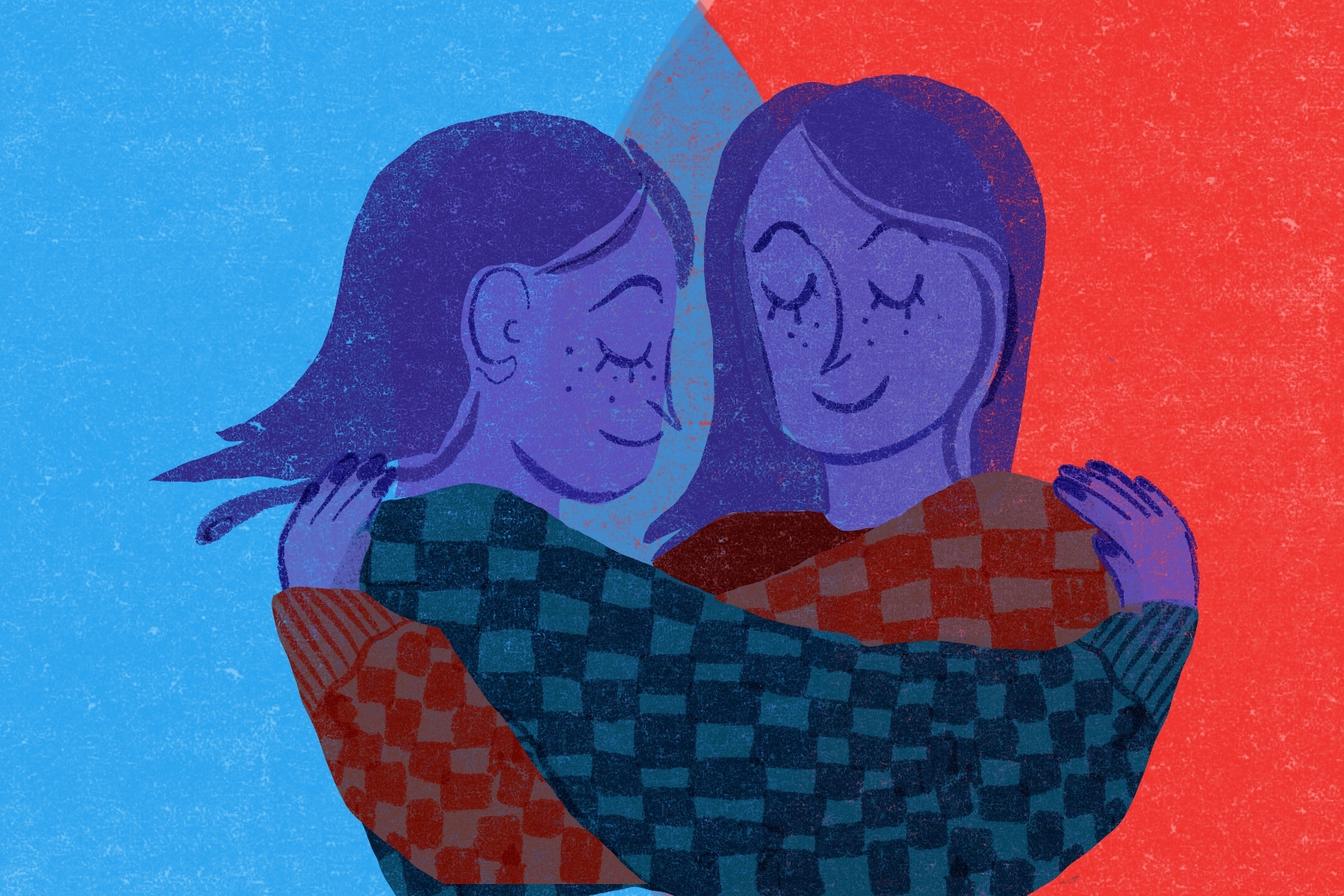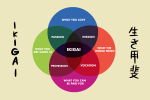First, here are some definitions so that the rest of the article makes sense.
Self-love: regard for one’s well-being and happiness (considered a desirable rather than narcissistic characteristic).
Self-cherishing: caring for oneself so much that one feels entitled to have their way.
Narcissism: excessive interest in or admiration of oneself, including one’s physical appearance.
Oh, how unhappy one must be if they always get their way. Did you sense the sarcasm in my words? Well, I hope you did! Yes, they are unhappy, but with good reason. Life teaches us to desire but also to deal with unfulfilled desires. The question at hand asks you, how do you cope with those unfulfilled desires? Instead of turning to unhealthy strategies to cope, be wise and ask yourself, “Do I love myself, or cherish myself?”
The newfound openness with which we talk about mental health is a beauty to behold. But with an abundance of information bombarding our minds, our ability to discern the truth must increase with it. Self-love is vital, as it helps one seek the highest good for themselves and genuinely care about their influence on the world. However, self-love is often misconstrued as self-cherishing, a more selfish attitude of needing to get what one wants immediately. If someone who is self-cherishing does not get their way, they view it as a punishment or confirmation of their unworthiness.
A politician who laments losing an election falls into one of two categories of disappointment. Either they are upset because they fear that they will not be able to help people as they hoped, or they sulk over their personal goals not being achieved. The latter illustrates an attitude of self-cherishing. They desire to attain their goal simply to please their ego. They cannot conceive of how self-centered their (self-inflicted) pain is.
Identifying Patterns in Your Own Life
Think of a time you spent wondering why you didn’t get your way, leaving your desires unfulfilled. Perhaps you found obstacles to avoid in the future, but eventually, you begin to spin the wheel that has “waver in your conviction” and “confusion” inscribed on it. The amount of information we can extract from situations in life is endless. However, we must foster a mindset that only retains information that will help us, and, of course, it is important to not overdo it. When we do, it only causes an inner battle of attrition. Before we get that far, we first need to unpack the primary reasons why we are upset. In doing so, we can begin to understand how we actually view ourselves.
The Origins of Self-Cherishing
The concept of self-cherishing stems from Buddhist teachings that explain the danger of an overactive ego. This personality trait is widely discussed because of its prevalence among human beings. We all have dreams that we wish to bring to fruition. But while we are actively creating our desired reality, we can sometimes get discouraged at the slightest glimmer of rejection.
Such a hiccup in our plans is usually irrelevant to the overall outcome. If you get your heart broken, it doesn’t mean that you won’t have a happy future with a great partner to boot. But because humans love predictability and control, we would rather believe the negative outcome because it is much more likely to occur; at least we will be able to say, “I knew this would happen.” But is the satisfaction of accurately predicting an unfavorable result superior to the long-lived happiness from a wish coming true? I wouldn’t imagine it to be so, yet we still lean toward the poisonous pessimism that keeps us safe in a locked box.
Bettering Yourself Towards Self-Love
When consciously or unconsciously speeding away from the pain of the past, we miss the exit sign that reads, “Goals achieved here.” To begin unraveling the tangled mess of bottled-up fear, begin to tell the truth — the truth, as in, “Why am I so quick to make assumptions based on circumstantial evidence?” Being so quick to assume that a romantic rejection translates to, “I did something wrong,” “There’s something wrong with me” or “I’ll never be happy” isn’t fair to you or the situation. Perhaps it was divine guidance that allowed you to dodge a ghastly bullet. Or maybe you were the bullet and needed time to work on yourself, by yourself. But assigning blame and making assumptions aren’t healthy ways to process anything. Instead, empower the optimistic assumptions, no matter how illogical they seem. Logic isn’t definite, and dwelling in negativity isn’t enjoyable. Taking the nasty cough medicine may be horrid indeed, but most definitely better than a prolonged illness.
It’s imperative that we stop attempting to bend the world to our will. To assume we individuals are more knowledgeable than the universe is a losing game. It’s true that we know what we want, but we don’t always know what we need. That’s often because what we need isn’t always candy-coated raindrops. Sometimes, it’s the storm that levels antiquated belief structures. Or the mist that allows us to wander off with curiosity. That’s to say, both ups and downs in life are equally necessary. Does the bad have to be equally extreme or last as long as the good? No. But good and bad need each other to exist. How can you say that you are genuinely thrilled if you’ve never experienced your own stormy night?
Self-cherishing isn’t taught but rather, it is a misconception of what it means to love yourself. Self-love is much more vast than self-cherishing because it requires accountability, persistence and acceptance. It requires you to be accountable for your impact on the world and to be able to look yourself in the eyes. Additionally, you should be persistent with your commitment to loving yourself despite all of your flaws and misguided motivations. Accepting reality can help compassionately release the permanent past. These are the strenuous, behind-the-scenes qualities that separate self-love from self-cherishing. I won’t lie to you: It’s not always easy, but you already know that. The determining switch that will foster a willingness to endure such difficulty is a simple sentence: When is enough, enough? Once you can calmly answer that question with “today,” dive into the subtle nuances between the two states of being to refine your experience of life.

















